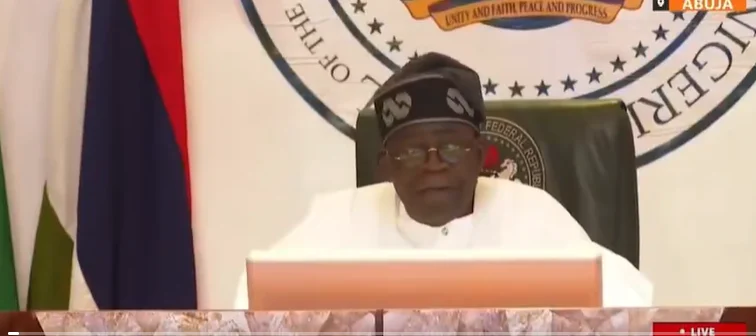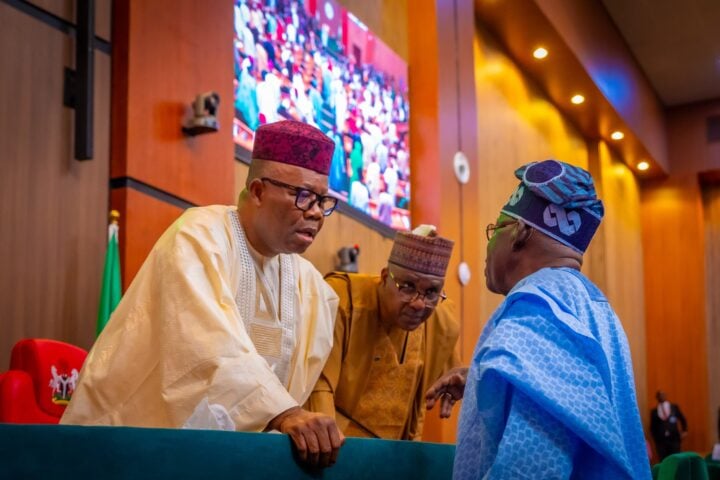Nigeria’s electricity sector is witnessing a significant upheaval following the implementation of the Electricity Act 2023. The Act, which aimed to restructure the power sector, has led to widespread dissatisfaction among Generation Companies (Gencos) and Distribution Companies (Discos), as several states initiate tariff reductions.

Tariff Reductions by States
In a bid to alleviate the financial burden on consumers, state governments have begun implementing tariff cuts. These reductions are seen as a response to public outcry over rising electricity costs and the perceived inefficiencies in the power sector. However, these state-level interventions have not been coordinated with federal policies, leading to a fragmented approach to tariff regulation.
Industry Reactions
The Association of Power Generation Companies (APGC) has expressed grave concerns over the tariff cuts, warning that they could exacerbate the existing liquidity crisis in the sector. The APGC has previously highlighted that the federal government owes over N4 trillion to Gencos and Discos, with no payments made in 2025. This mounting debt has strained the operations of power plants, leading to fears of potential shutdowns .
Similarly, the Manufacturers Association of Nigeria (MAN) has criticized the frequent tariff increases, arguing that they hinder industrial growth and economic development. MAN has called for a comprehensive audit of investments in the power sector, suggesting that the privatization efforts have not yielded the desired results .
Regulatory Concerns
The Nigerian Electricity Regulatory Commission (NERC) has also raised alarms about the capacity of state governments to manage tariff setting and payments effectively. NERC’s Commissioner in charge of Legal, Licensing, and Compliance, Dafe Akpeneye, cautioned that states’ involvement in tariff regulation without adequate infrastructure and financial management could lead to further instability in the power sector .
Conclusion
The fallout from the Electricity Act 2023 underscores the complexities of reforming Nigeria’s power sector. While the intent behind tariff reductions is to ease the financial burden on consumers, the lack of a coordinated approach between federal and state governments, coupled with existing financial challenges, threatens to undermine the stability and sustainability of the sector. Stakeholders are calling for a more unified and strategic approach to address the deep-rooted issues plaguing Nigeria’s electricity supply.

















